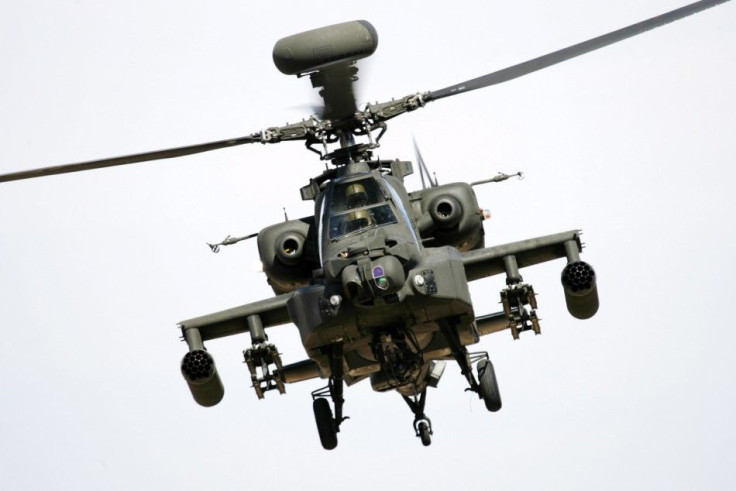Gadhafi calls for 'global jihad' as NATO bombs Libyan civilians

NATO admitted that it had accidently bombed a residential neighborhood in Libya, killing at least 15 men, women and children.
The news first broke from the Libyan government itself, early Sunday, with NATO confirming the mistaken strike one hour later.
The incident made for propaganda fodder for Libyan leader Moammar Gadhafi, who tried used the event as a new rallying point against the international intervention in Libya's civil war.
A government spokesman called the strike cold-blooded murder and challenged NATO's stance it had intervened in Libya's revolt in order to protect civilian lives.
Is this the protection of civilians? spokesman Musa Ibrahim asked reporters at the scene. Is this really the search for peace and democracy in the Libya, to attack peaceful neighborhoods of Tripoli?
The foreign minister called for a global jihad on the West in response.
Libyan officials said 15 people were killed, including two children, and 18 people were wounded.
It appears that one weapon did not strike the intended target and that there may have been a weapons system failure which may have caused a number of civilian casualties, NATO said in a statement issued late Sunday at Brussels headquarters.
NATO regrets the loss of innocent civilian lives and takes great care in conducting strikes against a regime determined to use violence against its own citizens, said commander Lt. Gen. Charles Bouchard.
The Western alliance said the airstrike's intended target was a military missile site in the area.
NATO has been flying support missions since March in support of the Libyan uprising against Gadhafi's regime. The stated goal of the mission has been the protection of civilians against retaliation by Gadhafi's troops.
US defense secretary Robert Gates has been was extremely critical of NATO's command of the Libya operation, speaking against the management and execution of the campaign last week.
After an initial bombing campaign run by the Americans, the alliance took over the air war and Gates warned that NATO may not be up to the task.
The mightiest military alliance in history is only eleven weeks into an operation against a poorly armed regime in a sparsely populated country - yet many allies are beginning to run short of munitions, requiring the U.S., once more, to make up the difference, Gates said.
While the Libya war endorsed by NATO nations in consensus, hardy half of them are really participating, and less than a third are carrying out strike missions.
Frankly, many of those allies sitting on the sidelines do so not because they do not want to participate, but simply because they can't, Gates said. The military capabilities simply aren't there.
The Libya operation has proven the alliance is desperately short of intelligence, surveillance and reconnaissance aircraft, as well as aerial refueling planes - all are crucial to modern combat.
The United States still is supplying the largest share of all of those to the NATO effort, even thought it pulled most of its strike aircraft out of the operation.
Gates suggested that the main issue has been the lack of military investment on the part of many NATO nations.
For all but a handful of allies, defense budgets - in absolute terms, as a share of economic output - have been chronically starved for adequate funding for a long time, with the shortfalls compounding on themselves each year, he said.
To avoid the very real possibility of collective military irrelevance, Gates suggested that member nations must examine new approaches to boosting combat capabilities - in procurement, in training, in logistics, in sustainment
© Copyright IBTimes 2024. All rights reserved.





















